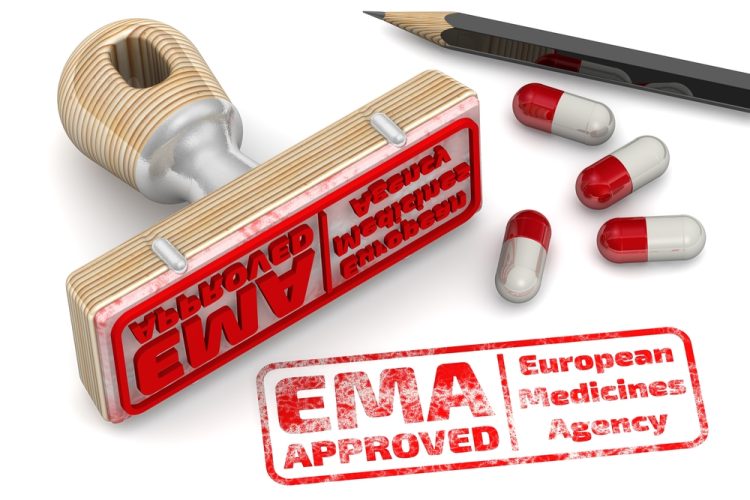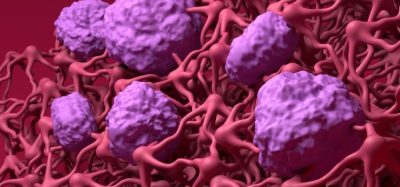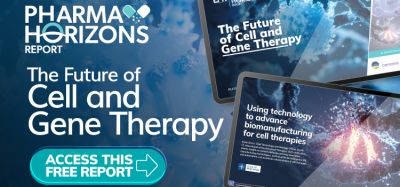Pilot to support ATMP research and development
Posted: 4 October 2022 | Catherine Eckford (European Pharmaceutical Review) | No comments yet
Five academic and non-profit organisations developing advanced therapy medicinal products (ATMPs) will benefit from the European Medicines Agency’s (EMA) scheme.


The European Medicines Agency (EMA) is set to launch a pilot aimed at helping advanced therapy medicinal product (ATMP) scientists navigate the regulatory challenges throughout the research process: from initial investigation to the development of medicines, to support non-profit’s solve unmet clinical needs and progress ground-breaking research for EU patients.
The chosen organisations will be assisted through the regulatory process, from best manufacturing practice to planning regulation-approved clinical development. The pilot will determine the further support or regulatory tools required to help more ATMPs reach patients. Advantages of joining the scheme include regulatory flexibility like fee reductions and waivers.
Just like all medicinal products, ATMPs require evaluation in order to be authorised in Europe. In 2017, the EMA and European Commission (EC) joined to assist those creating the medicines by planning and implementing actions to update the advice for evaluating ATMPs.
The pilot will focus on the needs of non-profit academic developers. They are a major contributor to the development of ATMPs and diagnostic and delivery devices, but experience has shown that navigating regulatory requirements can be challenging.
The first non-profit to benefit will be The Hospital Clinic in Barcelona, which developed an ATMP titled ARI-0001 – an autologous chimeric antigen receptor (CAR) T-cell product. In December 2021, the organisation joined PRIME, EMA’s scheme designed to support the development of medicines that target an unmet medical need, thus expediting patient access to those medicines.
PRIME intends to improve the overall production pipeline by enhancing the designs of clinical trials to increase the value of data results. This evaluation also ensures participants with the necessary data for the research’s marketing-authorisation application are included in trials. Once an organisation is accepted onto PRIME, an individual from the Committee for Medicinal Products for Human Use (CHMP) will advise the organisation on best practise when producing an application.
Results from the pilot are anticipated to be ready in three to four years, when a report will be issued and a workshop with relevant stakeholders will discuss the lessons learned and what support measures or regulatory changes should be made going forward.
Related topics
Biopharmaceuticals, Cell culture automation, Clinical Development, Clinical Trials, Drug Development, Drug Manufacturing, Gene therapy, Preclinical Research, Regenerative Medicine, Regulation & Legislation, Research & Development (R&D), Therapeutics
Related organisations
Committee for Medicinal Products for Human Use (CHMP), European Medicines Agency’s (EMA), The Hospital Clinic









